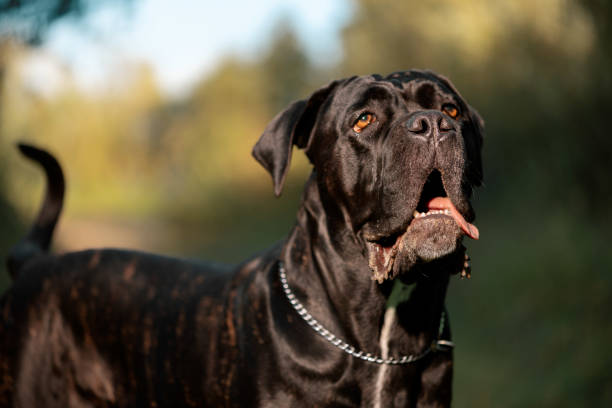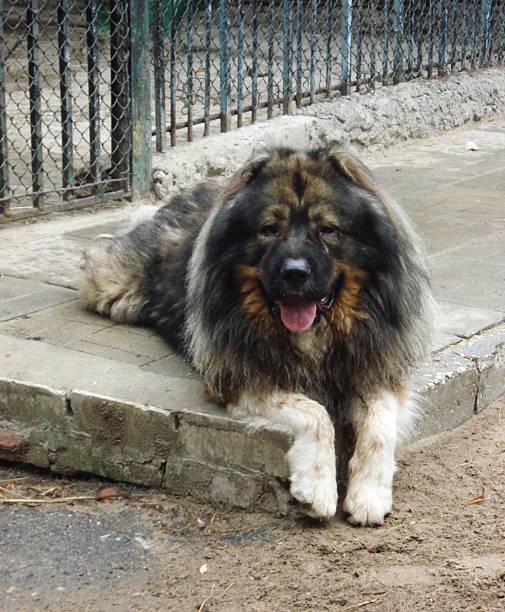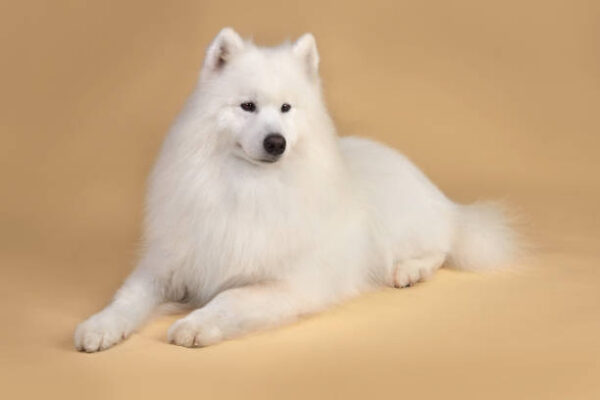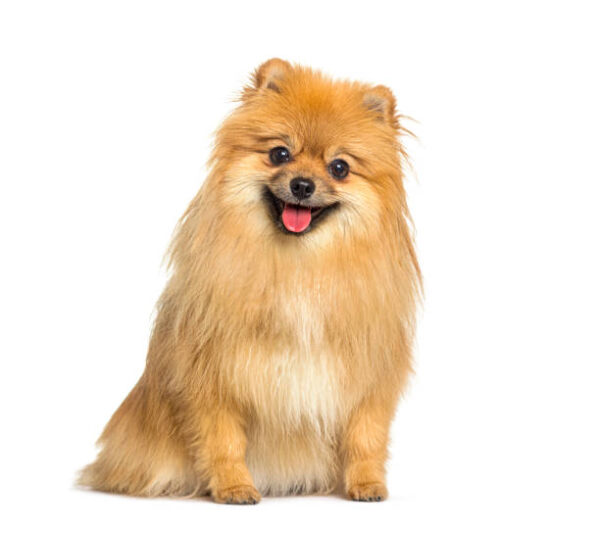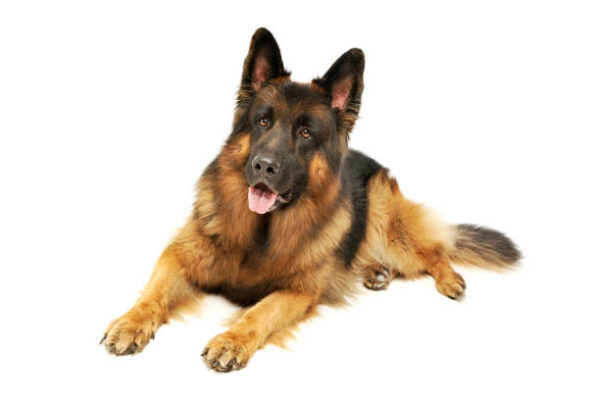Your cart is currently empty!
Mastiff Dog Breed
Mastiff Dog Breed Mastiff Dog Breed: The Mastiff (often called English Mastiff) can truly claim an ancient heritage. Mastiff type dogs have existed since the human race began recording history, thousands of years ago. Mastiffs have been used for various purposes, but primarily as guardians of people and their property. Today they are bred as […]
Description
Mastiff Dog Breed
Mastiff Dog Breed: The Mastiff (often called English Mastiff) can truly claim an ancient heritage. Mastiff type dogs have existed since the human race began recording history, thousands of years ago. Mastiffs have been used for various purposes, but primarily as guardians of people and their property. Today they are bred as a superb companion and family dog.
Mastiff / Bullmastiff confusion
Over 100 years ago game keepers required a dog with the loyalty, strength and guarding capability of the Mastiff but greater speed and agility so the Bullmastiff was developed from the Mastiff. Today Bullmastiffs are a separate breed. Overall the Mastiff is larger, heavier and longer in body than the Bullmastiff.
Average lifespan
When considering a dog, please realise that you are taking it on for its lifetime. Like many large breeds of dog, the Mastif has an Average lifespan of 8-ten years.
Average size and weight
The Mastiff is a giant breed of dog. One example of the breed is listed in the Guinness Book of Records as the heaviest dog in the world. Males are generally larger than females. A full grown adult Mastiff will generally weigh between 60 and 100 kgs and in height, their head will be at approximately the waist of an average person.
Breed personality, characteristics & temperament
Mastiffs are loving, gentle and extremely loyal dogs. Provided they have been properly introduced, they are usually very good with children, but, as with any breed of dog, there should always be adult supervision.
Mastiffs are sensitive and crave approval and affection. They love nothing better than to be with their owners and for this reason are particularly suitable and rewarding as house dogs.
While not suitable as commercial guard dogs, Mastiffs will let you know when strangers are about. Their deep bark and massive appearance is usually enough to deter any unwelcome visitors.
Mastiffs love to please their owners but they are not a breed that will respond quickly or instantly obey without question.
Compatibility with other pets
By nature Mastiffs are usually very compatible with other pets, especially if they have been raised together.
Care requirements
Mastiffs are a low maintenance breed. Their short coats require only a weekly brushing and a monthly bath. They do shed hair and many slobber a great deal. For exercise, most Mastiffs love to lie about watching you exercise. However, they do need and enjoy a daily half hour walk, regardless of how big or small their property is. They do not cope well with warm weather so walking should be done in the cool early morning or late evening.
Mastiffs need very large amounts of food while they are young and growing but less as they mature. A fully mature Mastiff may not eat much more than an adult German Shepherd Dog. Fresh cool water in a large chew and tip proof container must always be available.
Please take note
Mastiffs are generally healthy dogs and responsible breeders take every care to ensure the long term health of the puppy you buy. However, as with most dogs, problems can occur. Large breeds grow rapidly and they can be affected by bone disorders. Mastiffs can suffer eye problems and some have a tendency to be susceptible to bloat. If you are considering a Mastiff, discuss the breed with as many breeders as possible and with your vet.
The general running costs of a Mastiff are much higher than smaller breeds. This is a big consideration e.g. a course of antibiotics for a small dog may be $25, for a Mastiff $100.
No ideal owners section.
